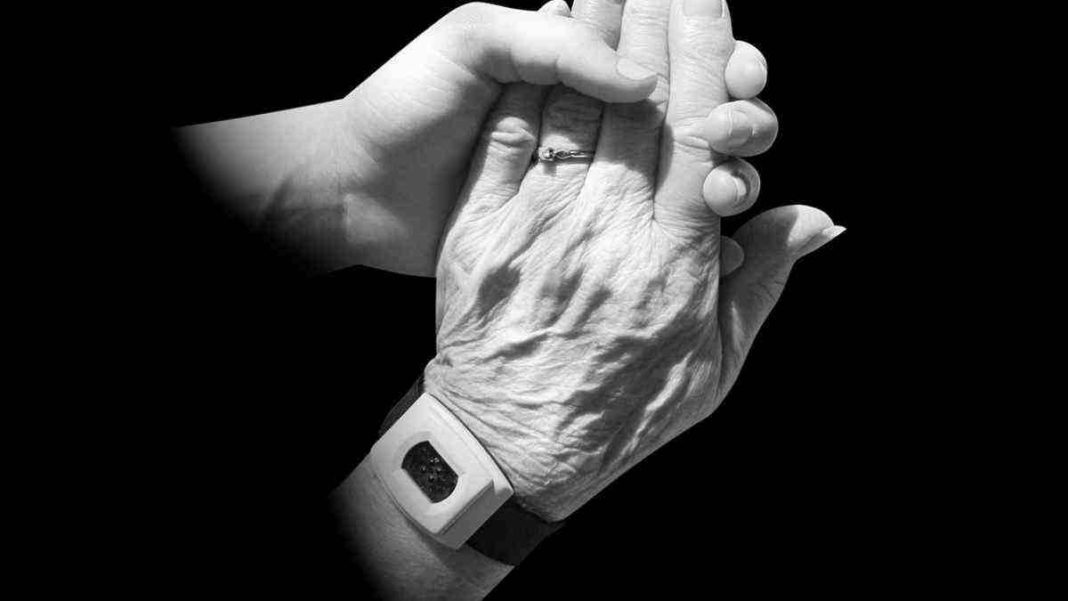UNITED STATES: In a groundbreaking study, scientists at Harvard University claim to have made significant strides in the field of aging research.
According to their recently published paper titled “Chemically induced reprogramming to reverse cellular aging,” the research team has identified a series of chemical cocktails that could potentially reverse the aging process in human and mice skin cells.
Led by renowned researcher David Sinclair, the team at Harvard Medical School embarked on a three-year-long endeavor to find molecules that could effectively combine to reverse cellular aging and rejuvenate human cells.
Their findings have generated significant buzz in scientific circles and ignited hopes for affordable and accessible whole-body rejuvenation treatments.
The study revealed that each chemical cocktail consisted of five to seven agents, some of which are already being used to treat various physical and mental disorders. This exciting discovery suggests that existing medications could potentially hold the key to slowing down or even reversing the aging process.
Previous studies by Sinclair and his team have demonstrated age reversal through gene therapy, but this latest breakthrough showcases the viability of achieving similar results through chemical interventions.
The implications of these findings are far-reaching, as they offer the possibility of non-invasive treatments that could target aging at the cellular level.
One of the most promising aspects of the research is its demonstrated effectiveness in different tissues. Studies involving the optic nerve, brain tissue, kidney, and muscle have shown encouraging results, including improved vision and an extended lifespan in mice. More recently, in April of this year, enhanced vision was observed in monkeys, further validating the potential of the chemical cocktails.
While the findings have generated considerable excitement, it is important to approach them with cautious optimism. Some experts, including a Harvard professor, have warned that the study’s claims may be premature and overhyped.
They emphasize the need for further research and rigorous testing to ascertain the safety and efficacy of these chemical cocktails before moving on to human trials.
Despite the skepticism, Sinclair remains optimistic about the future prospects of the research. In a Twitter thread, he expressed gratitude for the publication of their findings and stated that preparations for human clinical trials of their first age reversal gene therapy are currently underway. Barring any unforeseen obstacles, the first human trials are scheduled to commence late next year.
The potential implications of a successful treatment to reverse aging cannot be overstated. It could revolutionize the field of healthcare, not only by extending human lifespans but also by improving the quality of life for millions of people worldwide.
However, it is crucial to approach these developments with scientific rigor and conduct further studies to validate the initial findings.
As the scientific community eagerly awaits the results of future research, the discovery of these chemical cocktails at Harvard represents a significant step forward in our understanding of the aging process.
While the road to effective age-reversal treatments may still be long, this fresh study provides renewed hope for a healthier and more youthful future.
Also Read: Impact of Spain’s Aging Population: Demographic Shift’s Effect on Major Sectors



